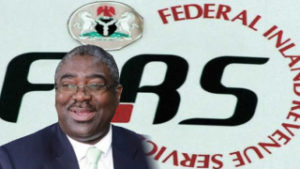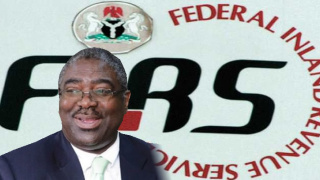
Nigeria has hunted down 700,000 firms that have never paid taxes, as the country seeks new revenue sources to offset low oil prices that have pushed Africa’s biggest economy into its first recession in more than 20 years, its tax chief said.
The Executive Chairman of the Federal Inland Revenue Service (FIRS), Tunde Fowler, said in a rare interview that he also expected 10 million individuals to be discovered by December and made to pay taxes for the first time.
The OPEC member slid into recession in the second quarter and militant attacks on oil facilities in its Niger Delta region have cut crude production, which provides 70 per cent of government revenues, by around a third.
Planned loan deals with foreign lenders have yet to materialise, prompting the leader of the Senate to speak of an “economic emergency”.
The government, struggling to fund a record 6.06 trillion Naira ($18.6 billion) 2016 budget that aims to stimulate growth by tripling capital expenditure, set FIRS a target of raising 4.95 trillion Naira in taxes, up from 3.73 trillion Naira last year.
Persuading Nigerians to pay tax is no easy task. FIRS does not appear to be on track to meet its target for tax collection so far this year, but experts believe it can do better in future.
“We collected a little over 2.3 trillion Naira, so far – from January to 31 August. It is almost at par with last year but take into consideration that the economy is going through a little slowdown,” said Fowler.
He said revenue from Value-Added Tax (VAT) had increased by 25 per cent year-on-year and Corporate Income Tax held steady over the same period but Petroleum Profit Tax was expected to have halved, mainly due to low oil prices.
Fowler, appointed last year after a stint as tax chief in Lagos where monthly tax revenues surged by 70 per cent in the four years to December 2012, said FIRS expects to generate 5.2 trillion Naira in 2017.

